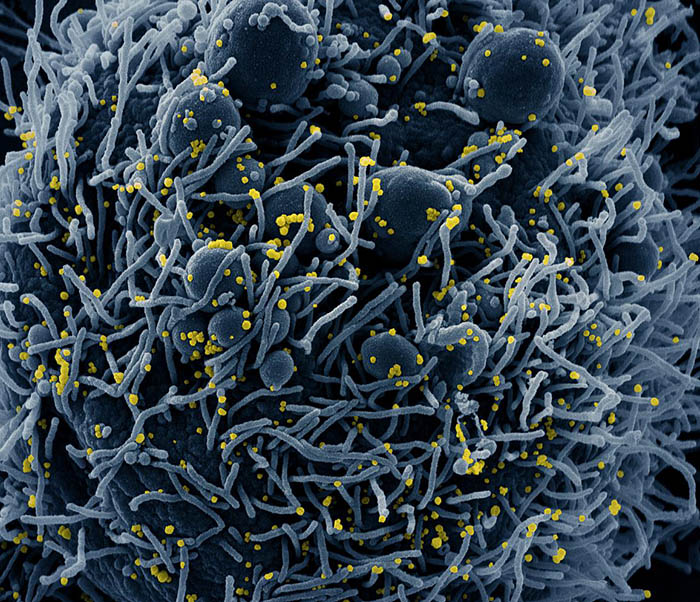NIH begins study to quantify undetected cases of coronavirus infection
A new study has begun recruiting at the National Institutes of Health in Bethesda, Maryland, to determine how many adults in the United States without a confirmed history of infection with SARS-CoV-2, the virus that causes coronavirus disease 2019 (COVID-19), have antibodies to the virus. The presence of antibodies in the blood indicates a prior infection. In this “serosurvey,” researchers will collect and analyze blood samples from as many as 10,000 volunteers to provide critical data for epidemiological models. The results will help illuminate the extent to which the novel coronavirus has spread undetected in the United States and provide insights into which communities and populations are most affected.
The study will be conducted by researchers at the National Institute of Allergy and Infectious Diseases (NIAID) and the National Institute of Biomedical Imaging and Bioengineering (NIBIB), with additional support from the National Center for Advancing Translational Sciences (NCATS) and the National Cancer Institute (NCI), all parts of NIH.
“This study will give us a clearer picture of the true magnitude of the COVID-19 pandemic in the United States by telling us how many people in different communities have been infected without knowing it, because they had a very mild, undocumented illness or did not access testing while they were sick,” said Anthony S. Fauci, M.D., NIAID director. “These crucial data will help us measure the impact of our public health efforts now and guide our COVID-19 response moving forward.”

Colorized scanning electron micrograph of an apoptotic cell (blue) infected with SARS-COV-2 virus particles (yellow), isolated from a patient sample. Image captured at the NIAID Integrated Research Facility (IRF) in Fort Detrick, Maryland.
This page was last updated on Friday, January 21, 2022